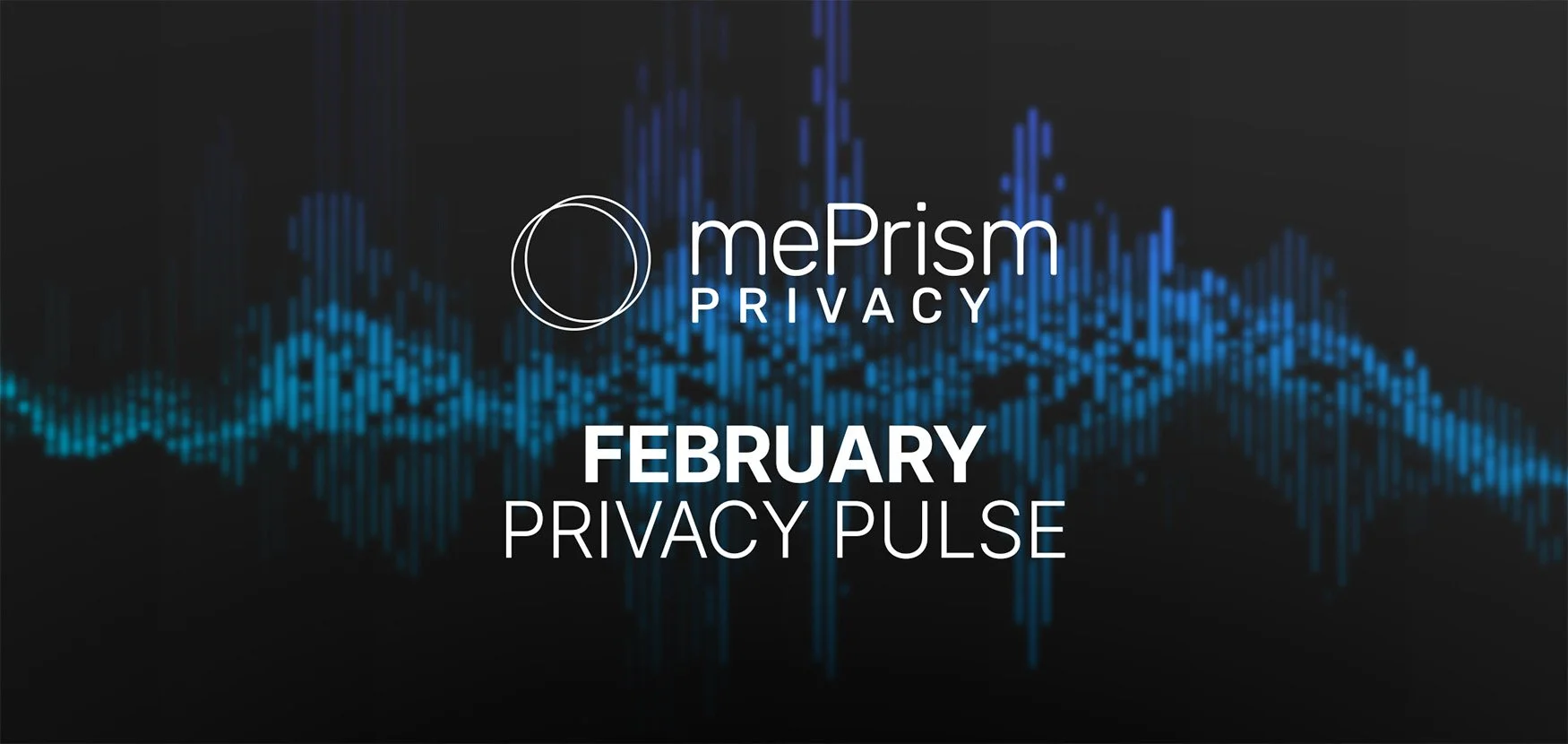Why You Should Consider Deleting Your 23andMe Data
23andMe Isn’t a Data Broker — Technically
23andMe is not your average data broker, but that doesn’t mean your genetic data is completely safe — especially now that the company has filed for bankruptcy and is actively seeking a buyer.
Let’s unpack what that means for your privacy and why it might be time to seriously consider deleting your account and data.
When people hear the term data broker, they think of companies that buy and sell personal info with little oversight. 23andMe doesn’t quite fit that mold. Instead, it offers DNA testing services and asks users to “opt-in” to share their genetic data — anonymized — for research purposes.
Roughly 80% of users have agreed to this, and the company has shared that data with research partners like GlaxoSmithKline (GSK) to develop new medications. It’s not selling your DNA on an open market — but it is profiting from it in partnership deals.
Bankruptcy Changes the Equation
Here’s where things get complicated: 23andMe filed for Chapter 11 bankruptcy in March 2025 and is now reportedly shopping itself around to potential buyers, according to CNN. With the company on the verge of being sold, questions are swirling about what will happen to the genetic data of 15 million people.
Even though 23andMe has stated that any buyer must adhere to its existing privacy policies, bankruptcy can change the legal landscape. Data is an asset — and that includes yours. And because 23andMe isn’t a healthcare provider, HIPAA doesn’t apply. Federal protections for genetic data during bankruptcy are incredibly weak.
The Federal Trade Commission has voiced concern, and some state attorneys general are urging customers to delete their data now, before any transfer happens.
Anonymized Data Doesn’t Equal Anonymous
You might think anonymized data is safe. Unfortunately, that’s not a guarantee. Researchers have shown it’s possible to re-identify individuals from genetic data when combined with public information — like genealogy databases or even voter records.
If your data changes hands in a sale, there’s no telling how securely it will be stored — or who might get access to it next.
What You Can Do: Delete Your Data
If this all makes you uncomfortable, it’s not too late to act. You can still delete your data and account. Here’s how:
Log into your account and go to the “Settings” page.
Select “Delete Your Data and Account.”
Confirm deletion and request that your DNA sample and data be removed.
Follow up with a support request to ensure your request is processed.
While deletion doesn’t undo past sharing, it limits future risk — especially if your data hasn’t yet been used in third-party research.
Final Thoughts
23andMe isn’t a traditional data broker, but its business still relies heavily on monetizing genetic information. With the company now bankrupt and searching for a buyer, the foundational promises of privacy and control are on shaky ground.
If you’re worried, you’re not alone — and you’re not overreacting. In this case, caution is the smart move. Deleting your data now could help protect you from unknown risks down the road.
TL;DR:
23andMe shares anonymized genetic data with partners like GSK (with consent).
It’s not a data broker in the traditional sense, but it does profit from your DNA.
The company is bankrupt and looking for a buyer — your data is on the table.
Legal protections are weak, and regulators are concerned.
Now’s the time to delete your data if you’re worried about where it might end up.
Ready to try mePrism yourself?
At mePrism, we help you take back control of your personal data. Our service scans the web for your exposed personal information—like your name, address, and contact details—and removes it from data broker sites that sell it without your consent. Whether you're protecting your privacy, reducing spam, or guarding against identity theft, we make the process simple, secure, and effective. Ready to clean up your online footprint?
Click here to create your Free Basic account.Explore more from Our Team
Browse more posts written by our team to help you stay in control.
Be Part of the Conversation





